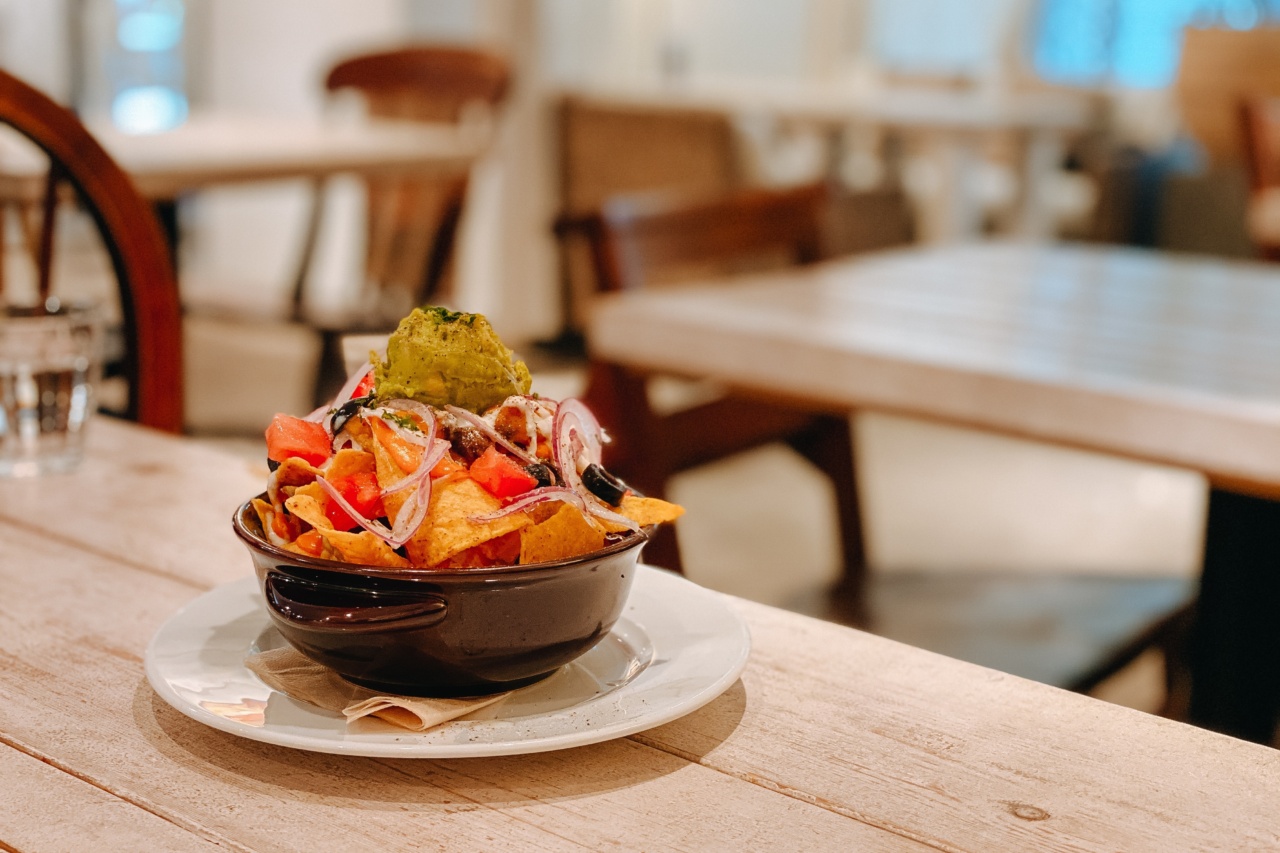Consuming excessive amounts of salt can have detrimental effects on our health. High sodium intake has been linked to conditions such as hypertension, cardiovascular diseases, and kidney problems.
While some salt is necessary for our bodies to function properly, it’s important to be aware of the foods that contain excessive amounts of sodium. By avoiding these six salty foods, you can maintain a healthier lifestyle and minimize the risk of salt-related health issues.
1. Processed Meats
Processed meats, such as bacon, sausage, and deli meat, are notorious for their high sodium content. They are often cured or preserved using salt, leading to an elevated sodium level.
Consuming these meats regularly can significantly increase your daily salt intake and negatively impact your health. It is recommended to opt for fresh, unprocessed meats or choose low-sodium varieties, which have reduced salt content.
2. Canned Soups and Broths
Although soups and broths are a convenient meal option, many canned varieties are loaded with sodium for flavoring and preservation purposes. One serving of canned soup can contain up to half of the daily recommended sodium intake.
It is advisable to opt for homemade soups or look for low-sodium alternatives when purchasing canned soups.
3. Fast Food
Fast food is notorious for its high sodium content. Burgers, fries, pizzas, and other fast-food options are often packed with salt to enhance the taste.
Regularly consuming fast food can lead to excessive sodium intake, contributing to various health issues. Preparing homemade meals and choosing healthier alternatives can help you avoid the harmful effects of fast food.
4. Salted Snacks
Snacks such as potato chips, pretzels, and salted nuts are delicious but usually contain alarming amounts of salt.
These snacks are often popular choices for binge-watching sessions or social gatherings, where people tend to mindlessly consume large quantities. Opting for healthier options like air-popped popcorn, unsalted nuts, or homemade snacks can help reduce your sodium intake.
5. Condiments and Sauces
Condiments and sauces like soy sauce, ketchup, barbecue sauce, and salad dressings can add a burst of flavor to our meals. However, they are also sneaky sources of excessive sodium.
A single serving of some sauces can account for a significant portion of the recommended daily sodium intake. Reading labels carefully, choosing low-sodium alternatives, or making your own sauces can help you control your salt intake.
6. Pickled and Fermented Foods
Pickled and fermented foods, such as pickles, sauerkraut, and kimchi, are popular in many cuisines. However, these foods undergo a process that involves salting to aid in preservation. As a result, they can contain high levels of sodium.
While fermented foods have some health benefits, it’s important to consume them in moderation and consider lower sodium versions when available.
Conclusion
Reducing your sodium intake is crucial for maintaining good health.
By avoiding or minimizing the consumption of these six salty foods – processed meats, canned soups and broths, fast food, salted snacks, condiments and sauces, and pickled and fermented foods – you can proactively manage your sodium intake. Incorporating healthier food choices and preparing meals at home using fresh ingredients can help you stay on track while protecting your long-term well-being.































